This is no longer an issue
The problem was most likely caused by some caching problem in Visual Studio. It was fixed by recreating the solution and re-adding Docker support.
=========================================================================
I have a small dotnet core application that is supposed to help with end to end tests.
To be able to integrate it with our CI pipeline I put it into a docker container and up to this point things are working out OK.
Now the problem is that docker container does not exit with the same code as the application does.
I assume this is because the application is encapsulated by the dotnet runtime, so even if the application exits with a non-zero code the actual entry point (dotnet) as defined in the Dockerfile
ENTRYPOINT ["dotnet", "DataComparerCli.dll"]
exits with 0x0 and this is what is used as the exit code of the container.
I tried to work around this by having the application store its exit code in an environment variable and creating a shell script as entry point which then calls dotnet in turn and uses the application's exit code as its own but this currently fails.
#!/bin/bash
dotnet /app/path/to/dll/DataComparerCli.dll
exit $DataComparerExitCode
It feels like I'm using a (broken) crutch and that this is the reason why I can't get this to work.
Is this the a good approach and I'm just having issues with the bash script or are there better ways to get this to work?
UPDATE Apparently it is currently (version 3.1 preview) not possible to set environment variables that outlive the application on mac and linux: https://stackoverflow.com/a/44248788/2137237
